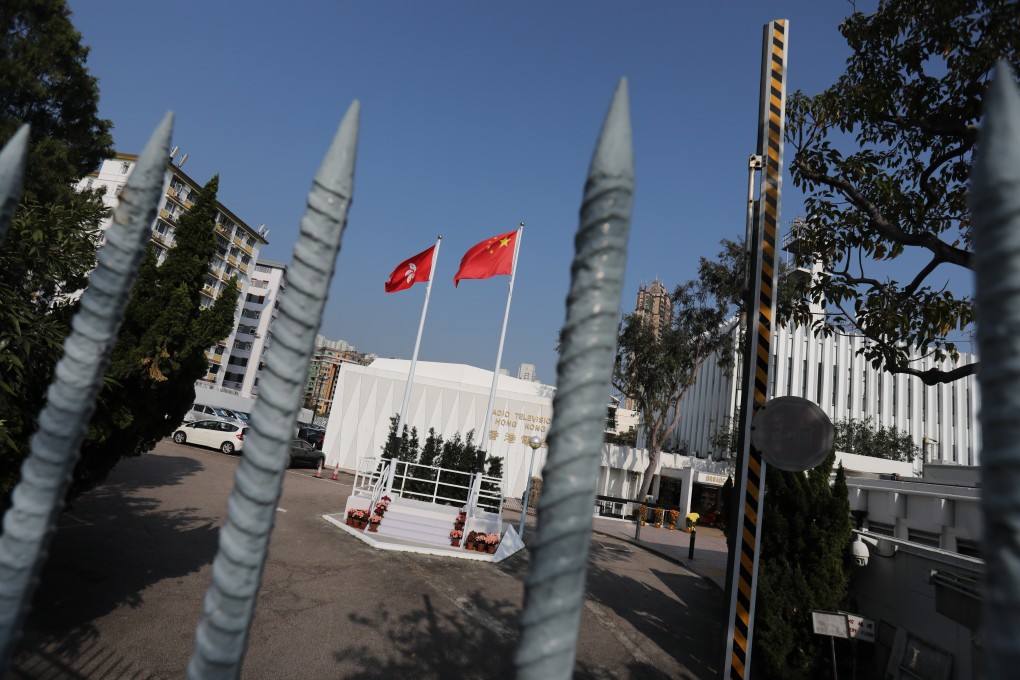Will Hong Kong’s feisty public broadcaster be brought to heel under a new boss?
- Bureaucrat Patrick Li is tasked with reform at RTHK in keeping with a damning report demanding a host of changes at the broadcaster
- New director likely to get tough with the backing of a government willing to rock the boat

On his first day of work as Hong Kong’s director of broadcasting in 2011, Roy Tang Yun-kwong was greeted by dozens of angry staff who rolled out a black carpet for him.
They wanted someone from the media industry as their editor-in-chief, and raised concerns about the prospect of bureaucratic interference in editorial independence with a career civil servant in charge.
Tang’s four years at the helm of the public broadcaster were not quite smooth sailing, but while he could not win over hearts and minds by the time he left RTHK headquarters in Kowloon Tong, company insiders admitted the administrative officer had not inflicted any “fatal” harm on operations.
A decade later, a second senior civil servant has once again been parachuted in to “set things right” at RTHK, as demanded by Chief Executive Carrie Lam Cheng Yuet-ngor.
It will now be up to Patrick Li Pak-chuen, who takes over as editor-in-chief from Leung Ka-wing, to achieve what the veteran journalist from the private sector could not.